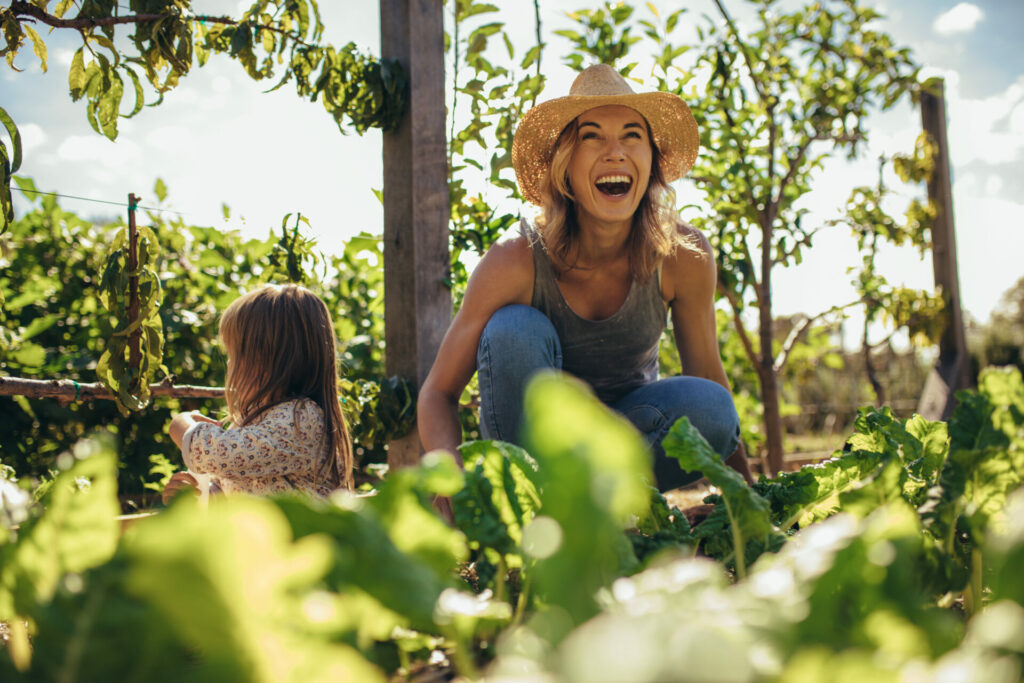The great freedom fighter Mahatma Gandhi once famously said: ‘The greatness of a nation and its moral progress can be judged by the way in which its animals are treated.’
How fitting then that more than 150 years after he was born, his birthday October 2nd has been designated World Day for Farmed Animals (WDFA).
As a politician who advocated non-violence, he has been revered through the decades.
And now modern day rulemakers are coming under pressure to adopt the same stance he encouraged for animals too with lobbying events and awareness campaigns being staged around the world today.
When one casts an eye over the ever-growing list of world days, one could easily be forgiven for thinking that WDFA is a touchy feely celebration of cute farm animals, in much the same way that chocolate milk day, bean throwing day and others put lighthearted topics in the spotlight and encourage supporters to have fun enjoying the focus on something dear to their heart.
Each year, an estimated 70 billion cows, pigs, chickens, turkeys, and other sentient land-based animals are caged, crowded, deprived, drugged, mutilated and macerated in the world’s factory farms.
World Day for Farmed Animals
But WDFA – launched in the US back in 1983 – is so much more than that with campaigners highlighting not only the dreadful plight of the animals at the heart of this movement, but also the human and environmental health implications associated with the continued global mass farming industry.
World Day for Farmed Animals
Each year, an estimated 70 billion cows, pigs, chickens, turkeys, and other sentient land-based animals are caged, crowded, deprived, drugged, mutilated and macerated in the world’s factory farms, according to the WDFA. ‘Then they are brutally slaughtered for our dinner table.’
‘Since 1983, the annual observance of World Day for Farmed Animals has been offering people of conscience an opportunity to memorialise and mourn these innocent lives. An opportunity to ask their friends and neighbour’s to stop subsidising senseless atrocities at their supermarket checkout counter.’
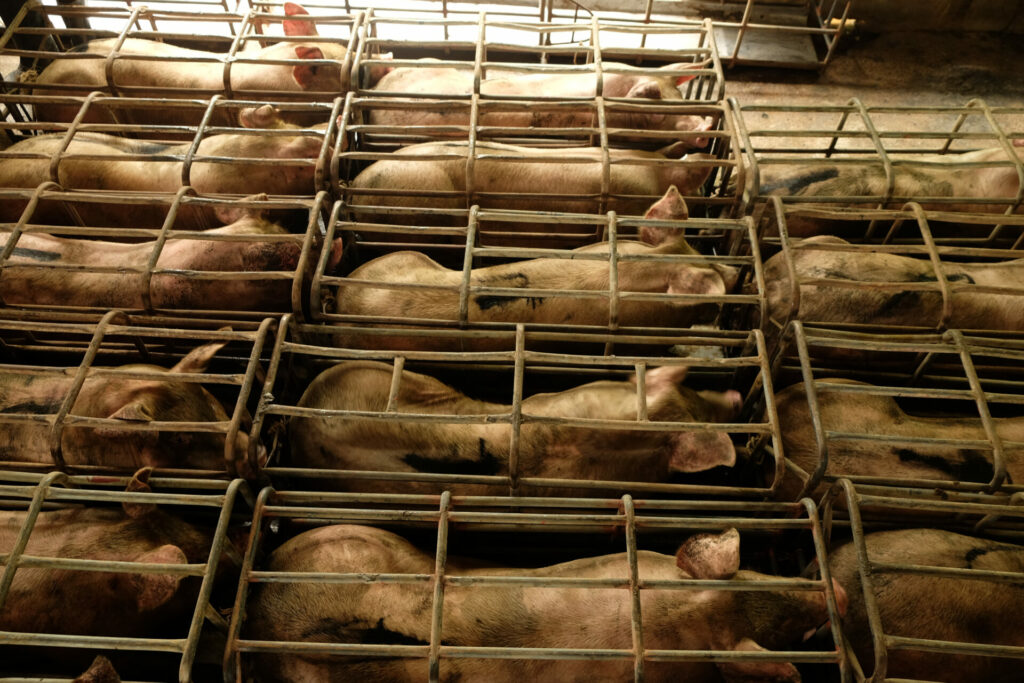
The Day last year was celebrated in more than 20 different countries with events including story-telling sessions, vegan cooking and cruelty-free festivals. Animal activists also encourage and initiate dialogue with local state governors and mayors encouraging them to announce measures to restrain cruelty towards animals.
Short Lives of Misery
Much of the moral debate around animal farming for food relates to the fact the creatures are fellow sentient beings and, as such, do not deserve such inhumane treatment.
The Sentience Institute put forward the idea that sentience is simply the ability to have both positive and negative experiences. This definition is recognisable in many laws pertaining to animal sentience which discuss animals’ ability to feel pain as a means of demonstrating sentience.
The WDFA gives examples of millions of male baby chicks being ‘ground up alive or suffocated, because they don’t lay eggs,’ with the females crammed in tiny wire cages that tear out their feathers and cut their feet with some dying of hunger, unable to reach the feed trough.
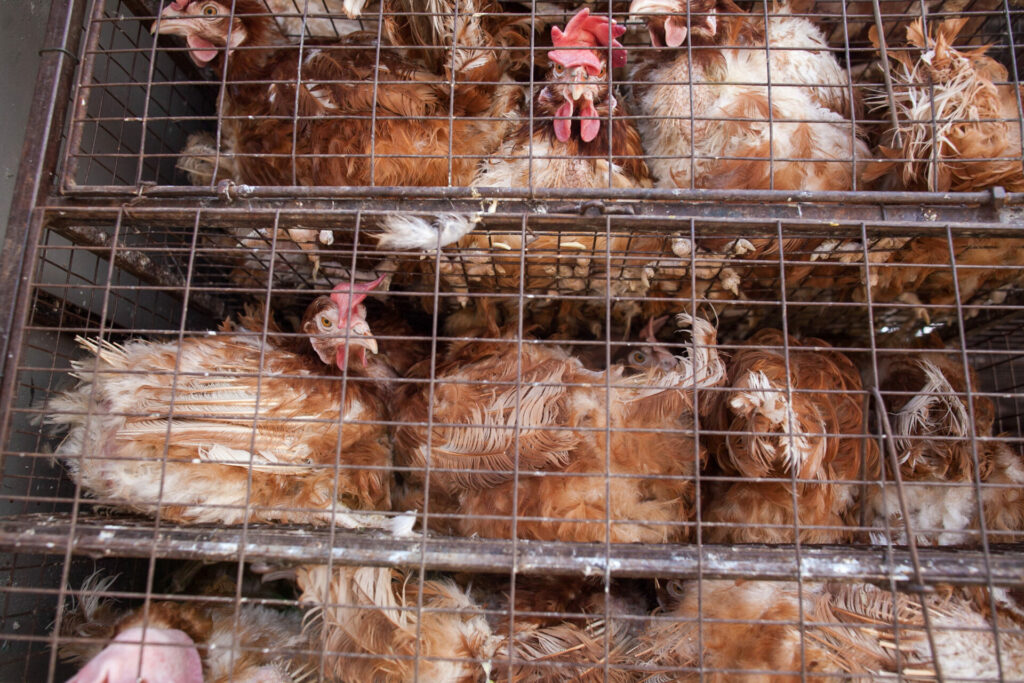
Mother pigs, they say, ‘suffer for a lifetime in tight metal gestation stalls,’ their babies torn away shortly after birth, before being ‘slaughtered in the dawn of their lives’.
Dairy cows’ experiences are well documented – having their milk sucked out of them by machines, being artificially impregnated to keep the milk flowing, having their newborn calves taken from them at birth so that we can drink their milk with males killed for veal.
Harmful to Health
Yet according to research diet rich in animal products is not even considered healthy for humans with science from reputable organisations, showing us that the more meat we eat, the higher our risk of illness.
According to WDFA, products from farmed animals including meat and dairy are laden with saturated fats, cholesterol, hormones, pathogens, antibiotics, and excess protein. ‘They lack complex carbohydrates and fibre, as well as many vitamins and minerals, all essential to our health.’
Over the past four decades, dozens of extensive studies have found that consumption of products from farmed animals is associated with elevated risk of obesity, diabetes, heart disease, stroke, and certain forms of cancer.
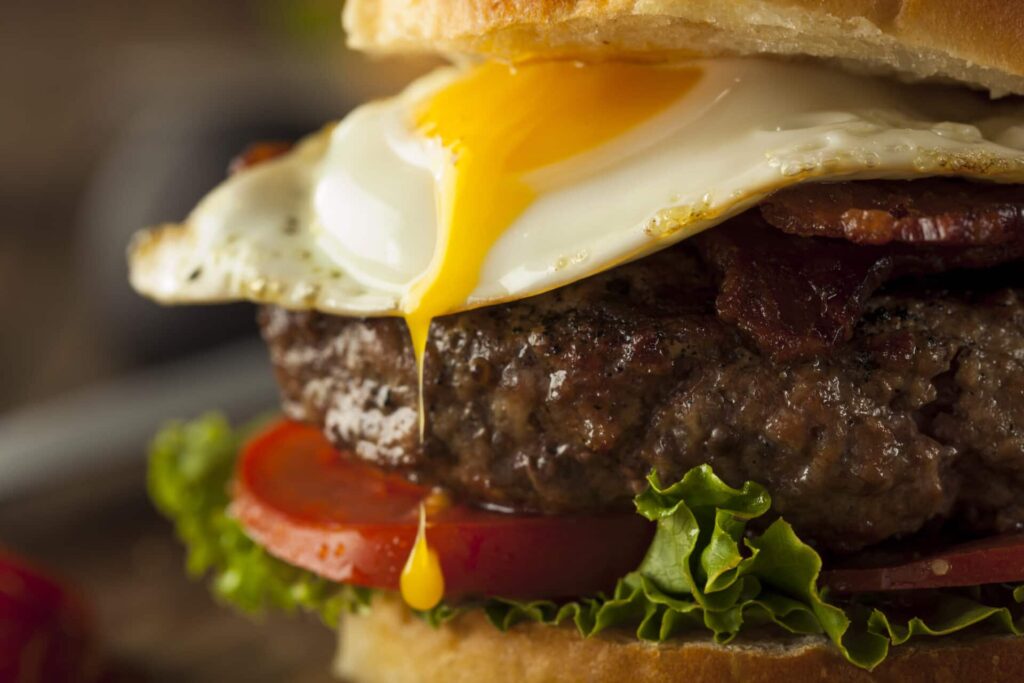
Pathogens like E. coli and Salmonella all originate with animals raised for food, and all major viral epidemics, including Ebola, and the Spanish, Asian, Avian, and Swine Flu, have originated from virus mutations ‘associated with our exploitation of animals’.
Now there are warnings that the next COVID-style pandemic could be generated by conditions in which farmed animals are kept.
Aysha Akhtar, a neurologist and preventive medicine and public health specialist claims industrialised meat production is ‘among the most dangerous enablers of zoonotic infectious diseases’ – diseases that are transferred from animals to people.
Current agriculture food systems put both workers and animals at risk – keeping animals confined in tight spaces out of their natural habitat increases the spread of diseases and the risk to humans, with some of them acting as hosts for viruses like COVID.
Millions of people around the world have made the choice to go vegan – and each person who does so spares the lives of nearly 200 animals per year.
Elisa Allen, PETA
In an article on Sentient Media, Aysha adds: ‘The sheer number of animals kept confined on factory farms, the logistics of managing their waste on an enormous scale, breeding practices that fail to prioritise genetic diversity, transportation methods that maximise animal stress, and hazardous conditions endured by workers all contribute to a powder keg of health, safety, and ecological perils. Our current system is harming people, animals, and the Earth, and COVID-19 should be our wake-up call.’
Farmed animals in factories, in particular, she claims, ‘serve as reservoirs for viruses’ and ‘to make matters worse, antibiotic overuse in animal agriculture is a ticking time bomb that can compound the problems we face with viral pandemics.’
Farmed Animals for Plants
Animal Rights group PETA (People for the Ethical Treatment of Animals) claim switching to a vegan diet is the best choice anyone can make to bring a halt to the ‘cruel, destructive industry’.
PETA Vice President of UK Programmes & Operations, Elisa Allen, told The Ethicalist: ‘We can’t turn a blind eye to the fear and distress endured by animals raised for their flesh, milk, and eggs. They have no choice, but we do.
If everyone stopped eating these foods [animal products], global farmland use could be reduced by 75 per cent an area equivalent to the size of the US, China, Australia and the EU combined.
People for the Ethical Treatment of Animals
‘Millions of people around the world have made the choice to go vegan – and each person who does so spares the lives of nearly 200 animals per year. They also do their bit to save the planet: research from authorities such as the United Nations and the University of Oxford has found that eating vegan is the best way to reduce our environmental footprint – which is vital during the ongoing climate catastrophe.’
The UN report indicated that by 2050, dietary changes away from farmed animals could free up several million square kilometres of land, and reduce global CO2 emissions by up to eight billion tonnes per year.
Every year the world loses around 5 million hectares of forest with at least three quarters of this driven by agriculture clearing forests to grow crops and raise livestock.
The Oxford research found that cutting meat and dairy products from your diet could reduce a person’s carbon footprint from food by up to 73 per cent and if everyone stopped eating these foods, global farmland use could be reduced by 75 per cent an area equivalent to the size of the US, China, Australia and the EU combined.
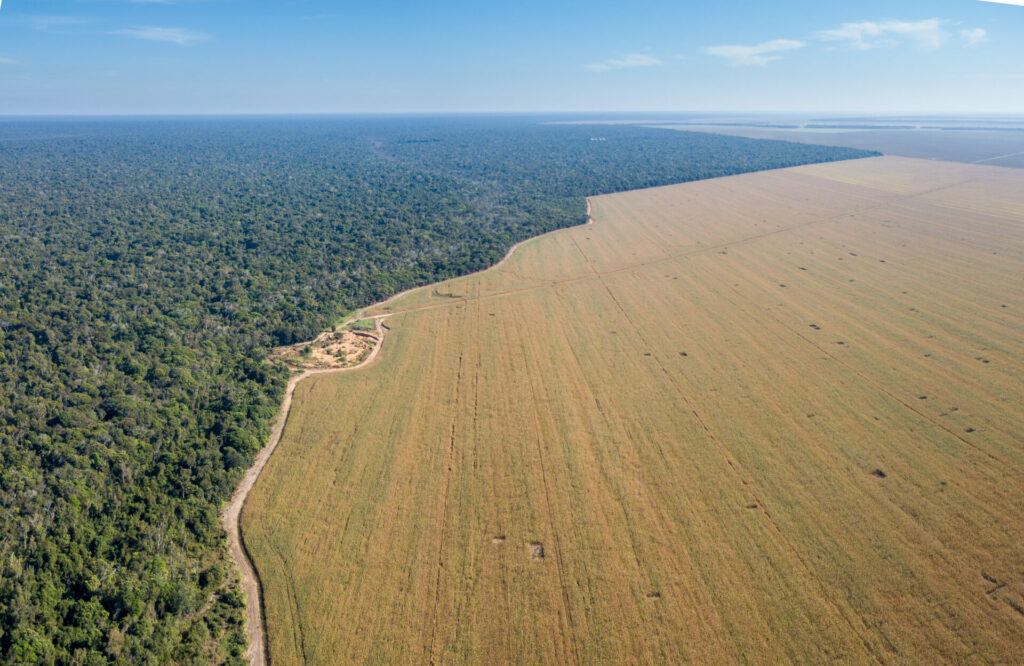
If anyone was in doubt about the feelings and sensitivities of animals, one only had to tune into coverage of Queen Elizabeth’s funeral where the cortege passed her favourite fell pony.
Some observers claim she appeared to curtsey as her Majesty’s coffin passed her on her final journey to Windsor after Head Groom Terry Pendry, who regularly rode with the Queen – indeed up until less than three months before her death – led her alongside the hearse to pay their respects.
And fittingly he said: ‘’The Queen adored Emma and rode her for more than 20 years so it was only right she should have been there, and she behaved impeccably.
‘I think she probably had some sort of sixth sense that Her Majesty wouldn’t be riding her anymore and she did her proud by standing there so respectfully.’
It is that sixth sense and all other feelings experienced by animals that will be front and centre of events this Sunday.











